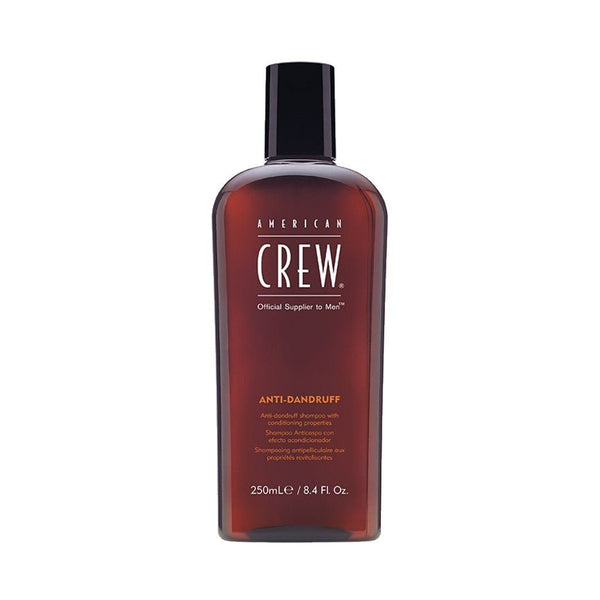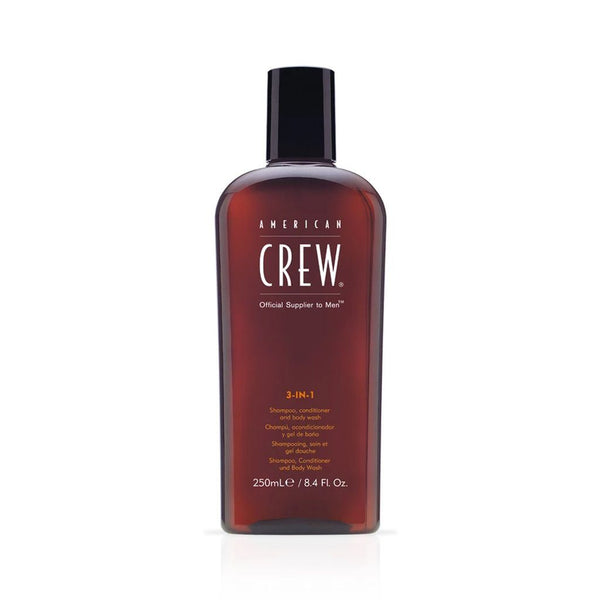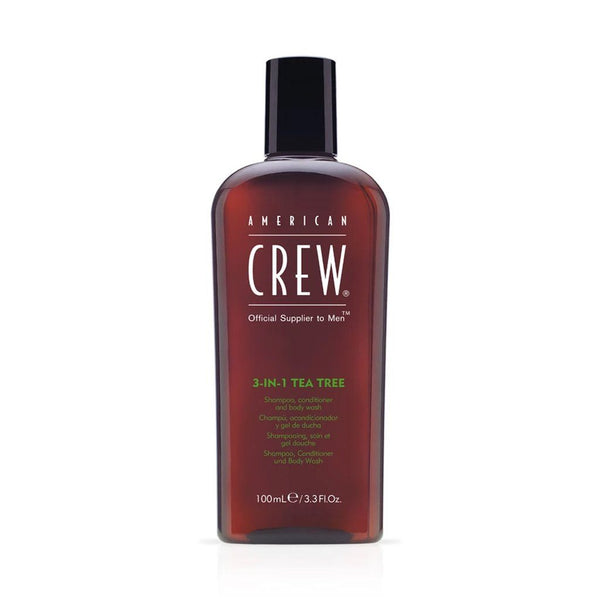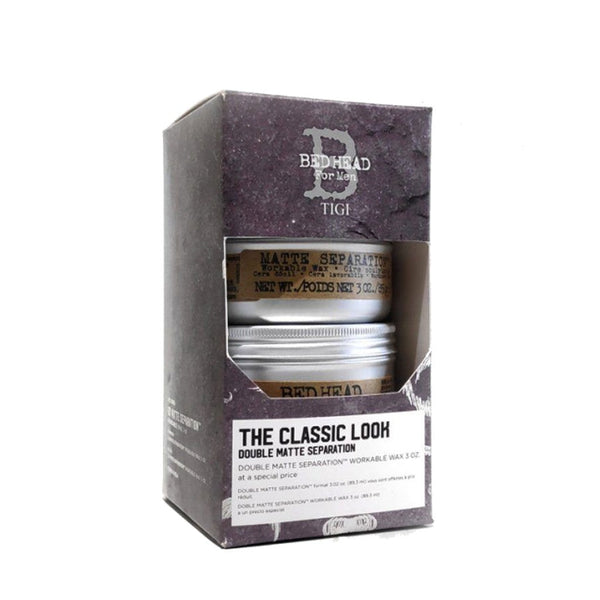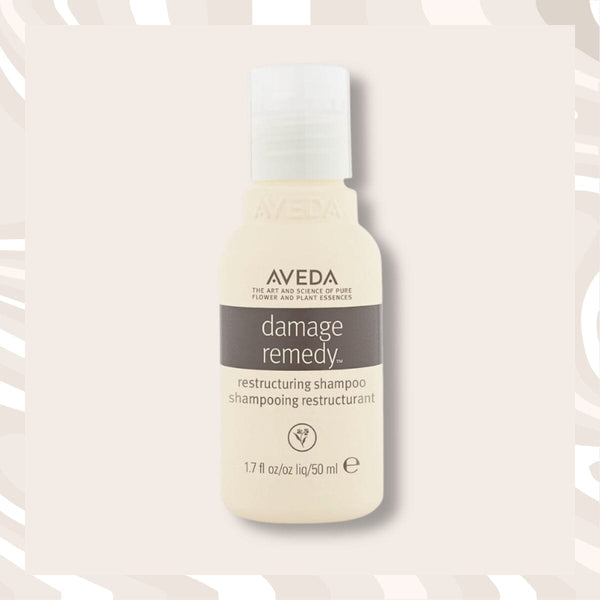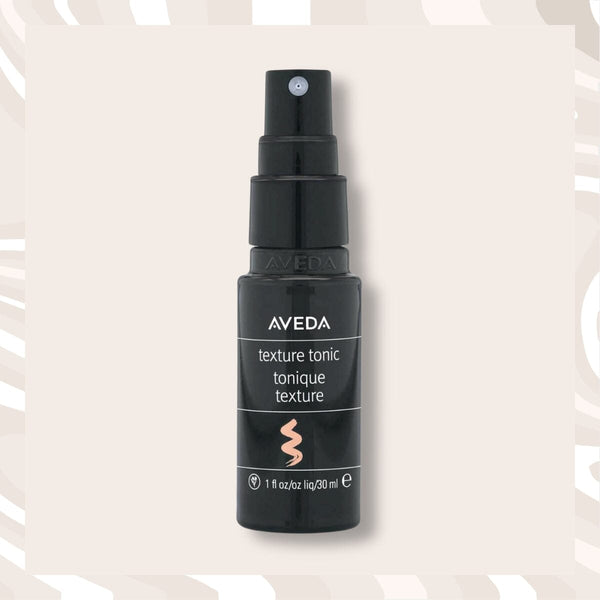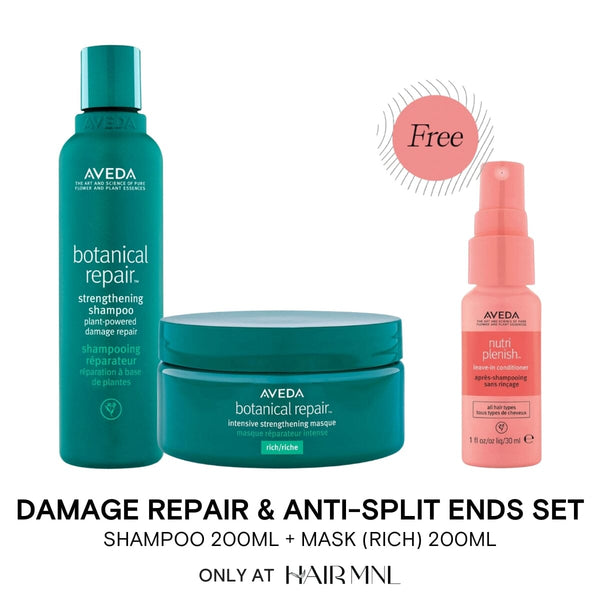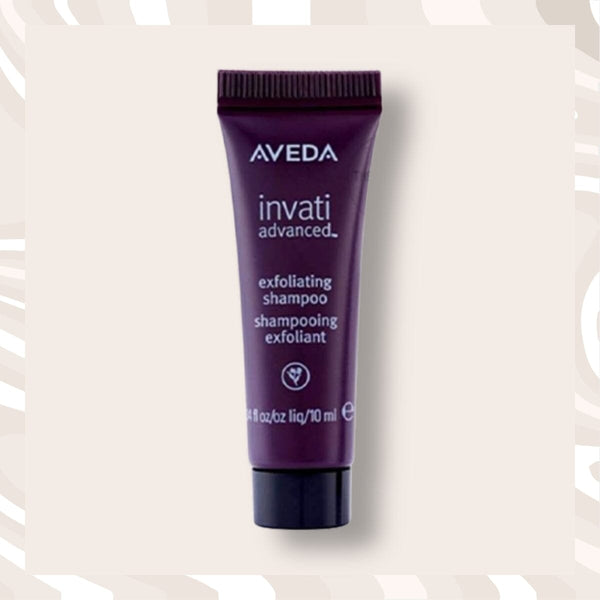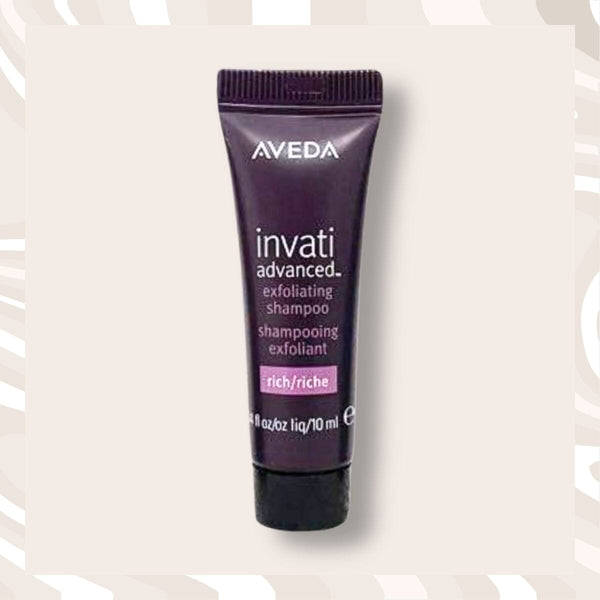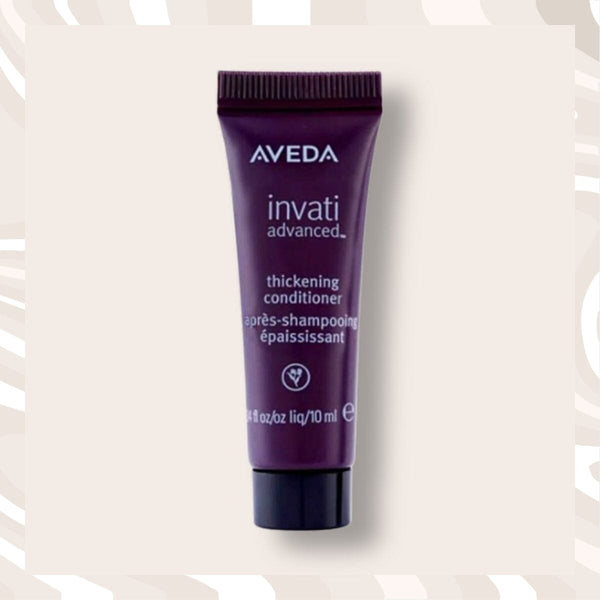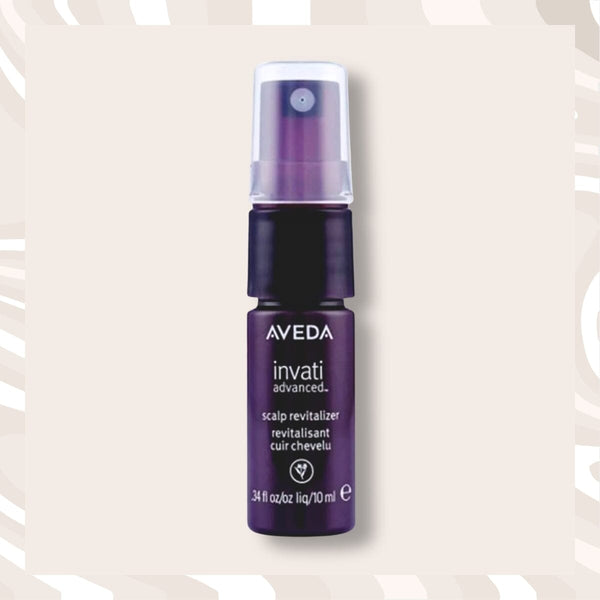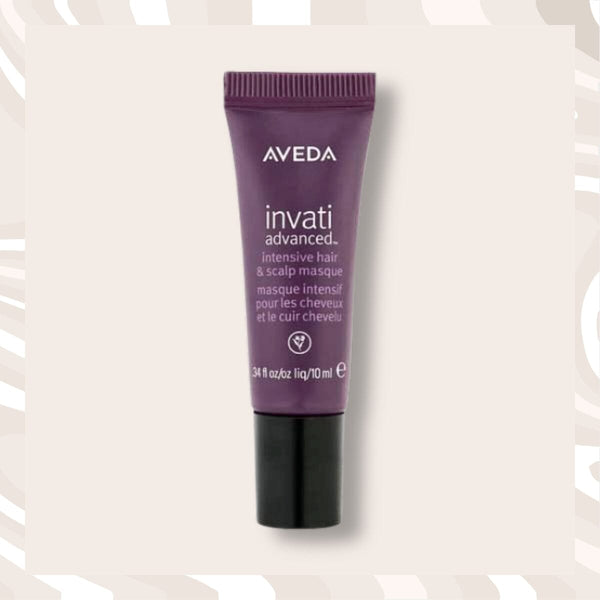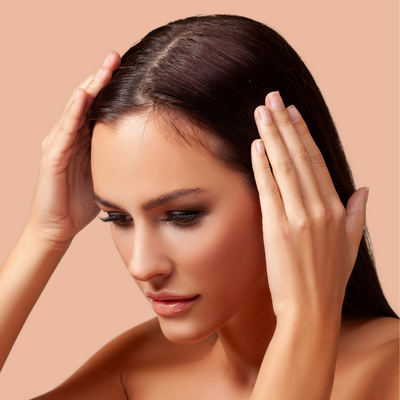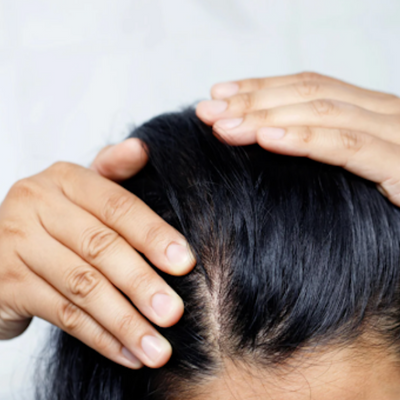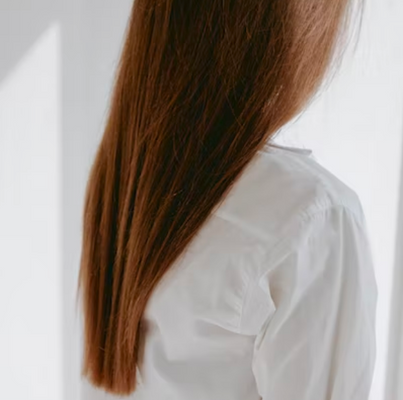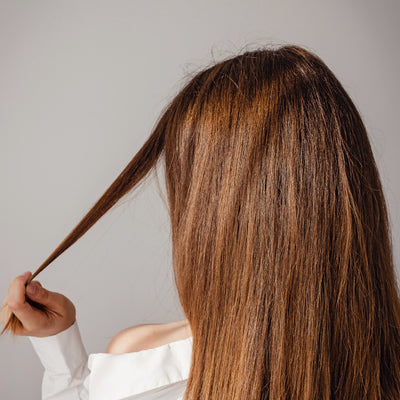
Dandruff is a common condition that causes the skin on the scalp to flake. It isn't contagious or serious but can be a frustrating and embarrassing condition to deal with. It's understandable to feel self-conscious and uncomfortable when flakes of dead skin start appearing on your hair and clothing. But it's important to know that you are not alone, and there are ways to manage and reduce dandruff.
Dandruff can be caused by a variety of factors, including dry skin, oily skin, and fungal infections. It can also be a symptom of underlying skin conditions such as psoriasis and eczema. The good news is that there is a range of over-the-counter and prescription treatments available that can help manage dandruff symptoms.
One of the most common ways to treat dandruff is through the use of medicated shampoos. These shampoos are specifically formulated with active ingredients that target the underlying causes of dandruff. When used regularly, these shampoos can help reduce the amount of flaking and itching that occurs.
Although dandruff can be caused by many factors, mild dandruff can be treated with a gentle daily shampoo, especially anti-dandruff shampoo. In this article, we will discuss the factors that contribute to the development of dandruff, what are the key ingredients of anti-dandruff shampoo, and what are the ways to prevent dandruff buildup.
Prevalence of Dandruff in the Philippines
In the Philippines, where warm and humid weather is common, dandruff can be exacerbated by sweating and the accumulation of dirt and oil on the scalp. Many people in the country may also be exposed to environmental pollutants that can irritate the skin and lead to dandruff.
Fortunately, there are a variety of treatments for dandruff, including medicated shampoos and natural remedies like tea tree oil and coconut oil. By adopting a healthy hair care routine and using the right products, it is possible to manage dandruff and prevent it from becoming a recurring issue.

Incidence of Dandruff Among Filipinos
There are three stages of dandruff. Mild, moderate, and severe. Mild dandruff is quite normal. 50% of the global population suffers from dandruff while in the Philippines, 8 out of 10 Filipinos have it.
Mild dandruff usually presents as small, white, or yellow flakes on the scalp and hair, but it may also cause itching and dryness and it can affect anyone, regardless of hair type, age, or gender. In some cases, mild dandruff may resolve on its own with proper care and attention to scalp health.
However, if your dandruff persists or becomes more severe, it's important to consult with a dermatologist or other healthcare provider, as they may be able to recommend additional treatment options, such as medicated shampoos or topical creams.
Factors that are occasionally beyond our control, such as the heat of the sun whenever we walk outside and, on top of that, filth and pollution, are what transform mild dandruff into moderate and severe cases.
Because we live in a tropical country, we may be susceptible to severe dandruff. In fact, severe dandruff, often known as DERMdruff, affects 1 in 2 Filipinos. DERMdruff is characterized by big flakes, frequent, severe itching, and an abnormally greasy scalp.
Factors that contribute to the development of dandruff
Dry scalp
When the scalp is dry, it can become itchy and flaky. This can lead to the development of dandruff.
Oily scalp
Excessive oil production can also contribute to the development of dandruff. This is because the excess oil can lead to the growth of Malassezia.
Fungal infection
Fungal infections are one of the main causes of dandruff. The most common type of fungus associated with dandruff is called Malassezia. This is a type of fungus that is naturally present on the scalp. When it grows out of control, it can cause irritation and inflammation, leading to dandruff.
Stress
Stress can weaken the immune system and increase inflammation, which can contribute to dandruff.
Poor hygiene
Not washing your hair often enough can lead to the buildup of dead skin cells and oil on the scalp, which can contribute to dandruff.

Ingredients That Make Anti-Dandruff Shampoo Effective
Anti-dandruff shampoos contain various active ingredients that make them effective in treating dandruff. Here are some of the key ingredients found in anti-dandruff shampoos:
- Selenium sulfide: This ingredient helps to slow down the growth of yeast on the scalp and reduce inflammation and itching.

- Zinc Pyrithione: This ingredient is effective against Malassezia, the yeast that is commonly associated with dandruff. It works by slowing down the growth of yeast and reducing inflammation on the scalp.

- Ketoconazole: This is an antifungal agent that is effective against Malassezia. It works by disrupting the cell membranes of the fungus, ultimately killing it.
- Salicylic acid: This ingredient helps to exfoliate the scalp, removing excess oil and dead skin cells that can contribute to the growth of Malassezia. Salicylic acid also has anti-inflammatory properties that can help to reduce redness and irritation on the scalp.

- Coal tar: This ingredient is effective in reducing the rate of skin cell production on the scalp, which can help to reduce the amount of flaking and scaling.
- Tea tree oil: This natural ingredient has antifungal and anti-inflammatory properties, making it effective in treating dandruff.

- Menthol: Menthol is a common ingredient in anti-dandruff shampoos due to its cooling and soothing properties. It can provide a cooling sensation on the scalp that can help to reduce itchiness and irritation.
- It also helps to improve blood flow to the scalp, which can promote healthy hair growth. The antimicrobial properties of menthol may help to reduce the growth of yeast and bacteria on the scalp, which can contribute to the development of dandruff.

- Vitamin E: This is often included as an ingredient in anti-dandruff shampoos due to their potential to promote healthy scalp and hair. Vitamin E is a natural antioxidant that helps to protect the scalp from damage caused by free radicals.
- Pyridoxine: Pyridoxine helps to regulate sebum production, which is the oil produced by the scalp that can contribute to dandruff when overproduced. By regulating sebum production, pyridoxine can help to reduce the amount of oil on the scalp, leading to a reduction in dandruff.
When choosing an anti-dandruff shampoo, it is important to consider your hair type. Some anti-dandruff shampoos can be harsh and drying on the hair, which can be problematic for people with already dry or damaged hair.
Look for shampoos that are specifically designed for your hair type, such as those formulated for oily or dry hair.

Some Natural Dandruff Solutions and Hair Remedies
- Apple cider vinegar: Apple cider vinegar has natural antifungal properties and can help to restore the pH balance of the scalp. Mix equal parts apple cider vinegar and water, apply it to the scalp, and leave it on for 30 minutes before rinsing it off.
- Baking soda: Baking soda can help to exfoliate the scalp, removing excess oil and dead skin cells that can contribute to dandruff. Mix a tablespoon of baking soda with water to create a paste, apply it to the scalp, and leave it on for 10 minutes before rinsing it off.
- Tea tree oil: Tea tree oil has natural antifungal and antibacterial properties, making it effective against dandruff. Add a few drops of tea tree oil to your regular shampoo, or mix it with a carrier oil such as coconut or olive oil and massage it into your scalp.
- Aloe vera: Aloe vera has soothing and anti-inflammatory properties that can help to reduce inflammation and itching on the scalp. Apply fresh aloe vera gel directly to the scalp and leave it on for 30 minutes before rinsing it off.
- Lemon juice: The acidic nature of lemon juice can help to restore the pH balance of the scalp, which can help to reduce the growth of Malassezia, the yeast that is commonly associated with dandruff.
- To use lemon juice as a natural anti-dandruff solution, mix the juice of one lemon with a cup of water and apply it to the scalp. Leave it on for 10-15 minutes before rinsing it off with a gentle shampoo. Be careful not to apply undiluted lemon juice directly to the scalp, as it can be too harsh and may cause irritation.
- Neem oil: Neem oil is a natural anti-dandruff solution that has been used for centuries in traditional medicine. It is derived from the seeds of the neem tree and contains compounds that have antifungal and antibacterial properties, making it effective against the fungus that can cause dandruff.
- Neem oil can be applied directly to the scalp and hair, or it can be added to shampoo or conditioner. Mix a few drops of neem oil with a carrier oil such as coconut or olive oil. Then, massage the mixture into your scalp, using your fingertips to work it into the roots of your hair. Leave the mixture on for at least 30 minutes or overnight and then wash your hair with a gentle shampoo and conditioner.
- Fenugreek seeds: These seeds are rich in protein and amino acids, which can help to strengthen the hair and reduce the risk of dandruff. Fenugreek seeds also have anti-inflammatory properties that can help to reduce scalp irritation and itching.
- To use fenugreek seeds as a natural anti-dandruff solution soak two tablespoons of fenugreek seeds in water overnight. In the morning, grind the soaked seeds into a paste. Apply the paste to your scalp and leave it on for 30 minutes. Rinse the paste out with warm water and shampoo your hair as usual.
- Coconut oil: Coconut oil is a natural moisturizer and has antimicrobial properties that can help to soothe the scalp and reduce dandruff. Massage coconut oil into the scalp and leave it on for at least 30 minutes before washing it out with a gentle shampoo.
- Yogurt: Yogurt contains live cultures of bacteria, which can help to balance the pH level of the scalp and reduce the growth of dandruff-causing fungi. To use yogurt as an anti-dandruff treatment, simply massage plain, unsweetened yogurt into the scalp and leave it on for 30 minutes to an hour before washing it out with a gentle shampoo.
- Aspirin: Aspirin contains salicylic acid, which is a common ingredient in many anti-dandruff shampoos. Salicylic acid helps to exfoliate the scalp, removing excess oil and dead skin cells that can contribute to dandruff.
- Aspirin can be used as a natural anti-dandruff solution by crushing two to three aspirin tablets and mixing them with your regular shampoo. Massage the shampoo into your scalp, focusing on areas where dandruff is most prevalent. Leave the shampoo on your scalp for two to three minutes before rinsing it out thoroughly.
- It is important to note that aspirin may not be suitable for everyone, especially those with sensitive skin. If you experience any irritation or discomfort after using aspirin as an anti-dandruff treatment, discontinue use and consult with a dermatologist. Additionally, if your dandruff is severe or persists despite home remedies, it is recommended to seek professional medical advice.

Tips for Maintaining a Healthy Scalp and Preventing Dandruff from Recurring
- Keep your scalp clean. Regular hair washing can help to keep your scalp clean and reduce oil buildup, which can contribute to dandruff. Use a gentle shampoo and avoid harsh chemicals that can irritate the scalp.
- Use mild shampoo. Using a mild shampoo is important when dealing with dandruff because harsh shampoos can strip the scalp of its natural oils and cause dryness, which can worsen dandruff. A mild shampoo, on the other hand, can help to keep the scalp clean without causing irritation or dryness.
- Brush your hair regularly: Regular brushing can help to distribute the scalp's natural oils, reducing the risk of dryness and dandruff.
- Avoid using harsh hair products. Harsh hair products such as hairspray or gel can contribute to scalp irritation and worsen dandruff. Choose products that are gentle and non-irritating.
- Keep your hair and scalp moisturized. Keeping your hair and scalp moisturized is important for preventing dandruff and maintaining a healthy scalp. Dryness can lead to flakiness and irritation, which can worsen dandruff.
- Avoid tight hairstyles. Avoiding tight hairstyles can help to prevent dandruff and maintain a healthy scalp. Tight hairstyles such as braids, ponytails, or buns can put pressure on the scalp, causing irritation and inflammation.
- Eat a healthy diet. Eating a balanced diet that is rich in vitamins and minerals can promote a healthy scalp and reduce the risk of dandruff. Incorporate foods that are high in vitamins B and E, zinc, and omega-3 fatty acids into your diet.
- Avoid stress. Stress can weaken the immune system and contribute to dandruff. Practice stress-reducing techniques such as meditation, yoga, or deep breathing exercises.
- Avoid scratching your scalp. Avoiding scratching your scalp can help to prevent dandruff and maintain a healthy scalp. Scratching the scalp can cause irritation and inflammation, which can worsen dandruff.
- Consult a doctor if dandruff persists. If dandruff persists despite home remedies and lifestyle changes, it is important to consult a doctor. Dandruff can be caused by a variety of factors, including fungal infections, seborrheic dermatitis, and other underlying medical conditions. A doctor can help to identify the underlying cause of dandruff and recommend appropriate treatment options.

Importance of Regular Hair Care in Preventing Dandruff
Here are some reasons why regular hair care is important in preventing dandruff:
- Shampooing regularly helps to remove dirt. Shampooing regularly is a great way to remove dirt and other impurities from your hair and scalp. It helps to maintain a healthy pH balance, prevent hair loss, and keep your hair looking shiny and healthy.
- Brushing your hair regularly can also help to remove dead skin cells and promote healthy blood flow to the scalp. Brushing your hair regularly can have numerous benefits for your scalp health. It can help to remove dead skin cells, promote healthy blood flow, and even exfoliate your scalp.
- Using a mild shampoo that is specifically designed for dandruff or a gentle, pH-balanced shampoo can also help to prevent dandruff. Using a mild shampoo that is specifically designed for dandruff or a gentle, pH-balanced shampoo can be an effective way to help prevent dandruff. These shampoos can help to control the growth of yeast on the scalp, reduce inflammation, and maintain the natural pH of your scalp.
- Avoiding harsh hair products, such as those that contain alcohol, can also help to prevent dandruff. Avoiding harsh hair products that contain alcohol can be an effective way to help prevent dandruff. By reading labels carefully and using products that are gentle and alcohol-free, you can help to prevent scalp irritation, dryness, and flaking.
- Regularly using anti-dandruff shampoos can also prevent dandruff. Regularly using anti-dandruff shampoos can be an effective way to prevent and manage dandruff. These shampoos contain active ingredients that work to control yeast growth and reduce inflammation.
When using anti-dandruff shampoo, it is important to use it regularly and follow the instructions carefully. Most anti-dandruff shampoos are designed to be used two to three times per week, although this may vary depending on the severity of your dandruff and the type of shampoo you are using.
Using an anti-dandruff shampoo can be an effective way to manage dandruff and prevent it from recurring. At HairMNL, we help you find the appropriate anti-dandruff shampoo for your hair and scalp's specific needs. Browse through our online shop to view our collection of anti-dandruff shampoos.


